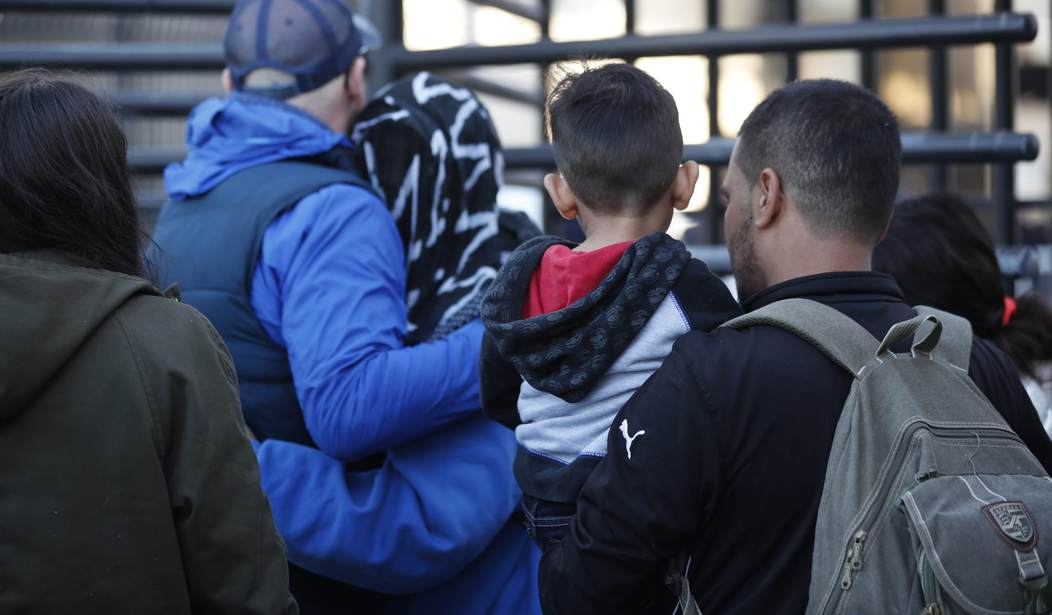The United States was one of five countries to vote today against the Global Compact for Safe, Orderly and Regular Migration, which Secretary-General Antonio Guterres described as an agreement that “highlights the imperative of devising more legal pathways for migration.”
Guterres stressed that “leadership will be crucial in bringing the Compact to life, and in avoiding the myths and disparaging discourse that have become all too frequent.”
The document was drafted and adopted at the Intergovernmental Conference on the Global Compact for Migration in Marrakech on Dec. 10. The U.S. did not sign the compact.
German Chancellor Angela Merkel said at that meeting “states cannot accept that traffickers are the ones deciding who crosses into countries,” and a “go-it-alone approach will not solve the issue.”
The General Assembly vote on the non-binding framework today was 152 votes in favor, 24 absences, 12 abstentions, and five votes against: the U.S., the Czech Republic, Hungary, Israel and Poland.
The document “reaffirms the foundational principles of our global community, including national sovereignty and universal human rights, while pointing the way toward humane and sensible action to benefit countries of origin, transit and destination as well as migrants themselves,” Guterres said.
But Andrew Veprek, deputy assistant secretary of State in charge of the Bureau of Population, Refugees, and Migration, said the U.S. objected because of the “belief that decisions about how to secure its borders, and who to admit for legal residency or citizenship, are among the most important sovereign decisions a state can make.”
“They are not subject to negotiation or review in international instruments or fora,” he said. “The United States maintains the sovereign right to facilitate or restrict access to our territory, in accordance with our national laws, policies, and interests, subject to our existing international obligations.”
He added that the U.S. fears supporters “seek to use the Compact and its outcomes and objectives as a long-term means of building customary international law or so-called ‘soft law’ in the area of migration.”
Veprek also asserted that “calls in the Compact to prevent all instances of intolerance against foreign nationals or to promote certain perspectives for media professionals in how they report on or characterize foreign nationals raise concerns about respect for freedom of opinion and expression and media freedom, core tenets upon which the United States was founded.”
“The Compact sets the expectation that States provide greater levels of social services and benefits to foreign nationals than they might consider appropriate to provide. All states provide and regulate access to social services in various ways and with various capacities, and the United States does not have international obligations pertaining to the provision of social services to aliens who are not refugees,” he added. “…The Compact mentions a ‘right to family life’ and other rights to privacy and legal identity. We are concerned that the way these terms are used throughout the Compact creates false representations of the actual rights represented in relevant international human rights instruments.”
Louise Arbour, the UN Special Representative for International Migration, said that agreement on the document in Marrakech “represents a resounding commitment to an international migration framework based on fact, not myth, and to an understanding that national migration policies are best implemented through cooperation, not in isolation.”









Join the conversation as a VIP Member